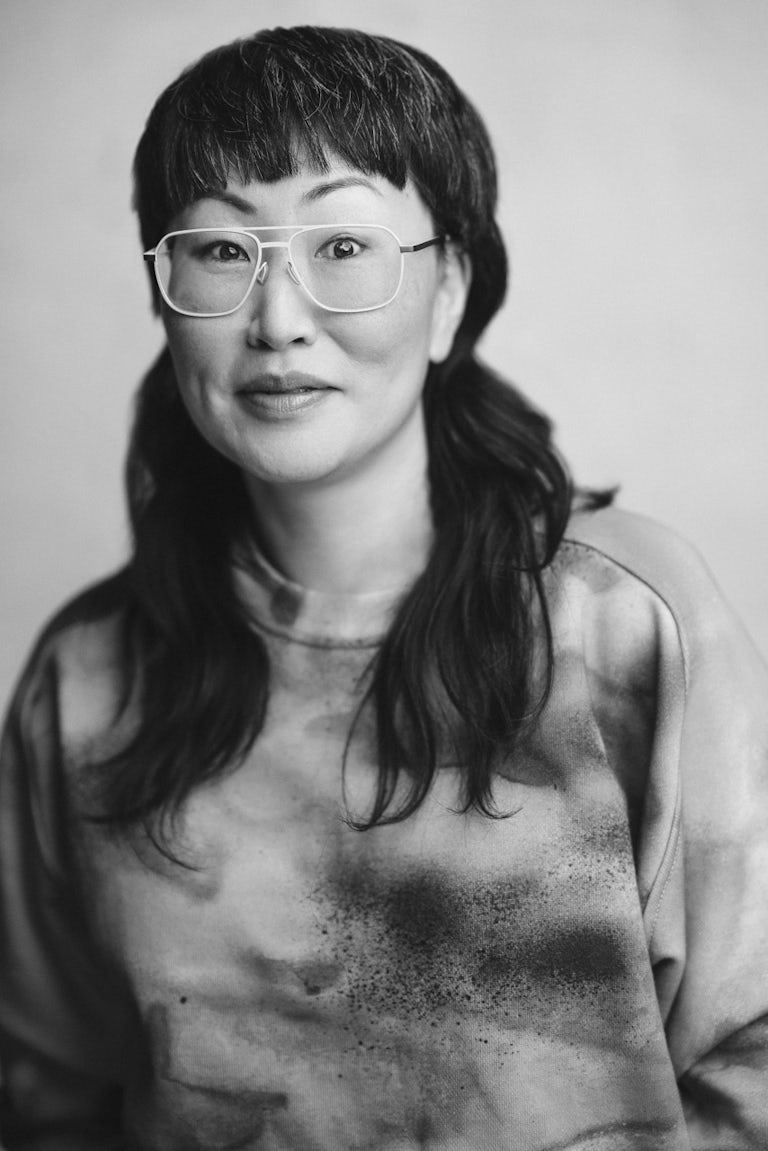Shopping Bag (0)
Your shopping bag is empty


What trends, developments or issues would you point to thus far in 2023 as being most significant, perhaps carrying implications for the rest of this year and beyond?
Developments in AI have been a big driver for many interesting conversations.
Everyone is excited, terrified, and experimenting with AI. All social platforms are still plagued with Dall-E or Midjourney experimentations and fear-mongering clickbait articles about what jobs AI is, and will be, replacing.
It is a fascinating tool that shows that we are at a critical juncture to make some decisions that can have huge implications in the future. Decisions need to be made not just based on profits and glory, and there’s an urgent need for an inclusive conversation where we get all the affected parties involved--policymakers, industry, and consumers whose lives will be changed irrevocably.
What’s the biggest takeaway or lessons learned from work (please identify the project) that you were involved in this year? Or if you prefer, what’s the biggest takeaway or lessons learned from work you were involved in that won, was or is in the running for current awards season consideration (i.e., Emmys, Cannes Lions, AICP Awards, etc.)
In the first half of the year, most of my work was for Google. Working with their team, from Healthcare to Cloud, you can definitely tell that this is the year of AI. There is a sense of urgency and excitement about the sector and the desire to get this right. Ethical AI is an interesting and very necessary topic. As AI gets embedded even more than it already is in our everyday lives, there are many unanswered questions and unimagined scenarios. We want this year to be the catalyst for changes that enrich our lives, not the year Sarah Connor returns to correct history!
Have you been involved or experimented with AI, AR or other emerging disciplines or new technologies? If so, relative to experimental or actual projects, briefly tell us about the work and what you’ve taken away from the experience. If the work is complete and you’d like to share a link to it, please include.
Yes, I think you’d be living under a rock if you hadn’t tried at least something in the past year or so. I got the most practical use out of the language models. As a person who is not a native English speaker and much more of a visual thinker, I tend to spend a long time trying to craft my words for comms.
Even though the results need rounds of iterations – tonality and personality are still tricky to get right--I found these tools to be helpful when generating the first draft. I’ve heard of many cases where people who are facing language barriers or cultural/racial bias get better results using tools like Chat GPT to get interviews and negotiate pay rises, and much better responses which I think is a great thing. Letting people be heard and breaking that initial barrier driven by cultural norms and societal expectations.
Often the ability to articulate your thoughts weighs very heavily on people’s estimation of personal intelligence and can be discriminatory against folks who are not native speakers. I don’t think language models are a threat to creativity in their current form but an equalizer tool to let people be heard and seen.
Have any societal issues--including DEI, recent Supreme Court decisions and/or recent backlash against advertisers like Target (for Pride merchandise) and Bud Light (for marketing featuring a transgender influencer)--impacted the way you do business, company policies and/or selection of projects/creative content?
Authenticity speaks louder and reaches more audiences than celebrity and timely push for monetization. Personally, I am all for this and excited about this push. Brands need to put money where their mouth is and show a genuine effort, not just an opportunity to be seen as champions of DEIB. I am always excited to see longer-term commitment that lasts longer than a campaign around a particular day, a partnership that nourishes both the brand and the community.
What work (advertising, entertainment, documentary, etc.)--your own or others--struck a responsive chord with you so far this year and why?
I recently visited On the Wings of Hermés at the Santa Monica hangar.
The whole experience was a sumptuous treat to the senses and made my heart flutter with joy!
It invited the audience into the creation of a cinematic piece and turned that into the main thread for magical storytelling, and created an experience that was beautifully choreographed. It almost felt like I was having a Being John Malkovich moment but through the director Jaco Van Dormael and the choreographer Michéle Anne De Mey’s imaginations.
The artistic vision and emphasis on craftsmanship and auteurship felt as if it was a great match with the brand. What I witnessed seemed like a successful collaboration between a brand and artists – a result that can only happen when a brand trusts the creator’s artistic vision and lets them express their authentic selves.
While gazing into the crystal ball is a tricky proposition, we nonetheless ask you for any forecast you have relative to content creation and/or the creative and/or business climate for the second half of 2023 and beyond.
Sustainability took a back seat to the excitement around AI. Still, with soaring temperatures and erratic weather conditions becoming commonplace everywhere, we need to see more action in this field. It is hard to delay having these crucial conversations about our collective impacts.
I hope 2023 will be a real turning point for all of us, to ask ourselves what our inaction will cost the world and how we can change that into constructive action. At Amplify, this is one of our key priorities – we look to review the impact of campaigns, reporting transparently and set benchmarks for future targets with the aim of reducing negative impact.
To read the full article, visit Shoot Online.